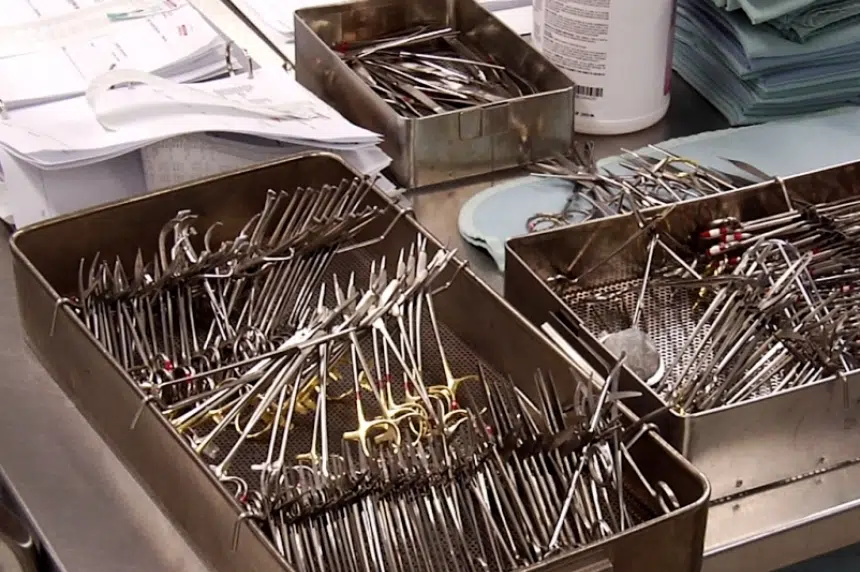Saskatchewan NDP Leader Cam Broten is asking the government to explain cuts to full-time staffing levels and surgeries in the Regina Qu’Appelle Health Region.
“We see an $8 million cut to surgeries, I asked Mr. Wall clearly how many fewer surgeries will that mean? No answer on that,” Broten said, following question period on Thursday. “We see the decision to eliminate 152 full-time jobs. That’s a big deal, that has more than a ripple effect throughout the entire health region when it comes to ER waits, specialist wait times, and the quality of care. No answer on that.”
The RQHR budget plan documents released by the NDP shows that the full-time equivalent positions will be reduced through attrition or scheduling with no layoffs.
Health Minister Dustin Duncan says the health region will reduce the cost by optimizing the workforce and scheduling people more effectively. He used the example of scheduling staff for 40 patients when only 32 beds are full.
“It’s a small thing when it comes to the day to day scheduling, but over 365 days, those small things do add up to significant dollars,” Duncan said.
According to the RQHR, documents released by the NDP, the demand for surgery has increased in the past year. The biggest increase in surgical bookings are for dentistry at 41.2 per cent and neurosurgery at 23.5 per cent.
“You’re making an $8 million cut which will mean fewer surgeries,” said Broten. “At the same time the need for surgeries is increasing and that’s where we get this problem.”
Broten commented that blaming the backlog does not seem to be valid because demand is increasing and an $8 million cut could jeopardize the progress made in cutting surgical wait times so far.
Duncan says demand for surgery is expected to increase this year, but mainly for things like dental and orthopedic surgery. He noted many of those surgeries can be done in third party private surgical centres, which is more cost effective.
“I would say that Regina Qu’Appelle is confident that even though they are reducing their surgical budget this year, it is in large part because we’re making our way through the backlog,” he said.
He says the budget is scaled back from the significant surgical initiative investment of $70 million to $60 million last year down to $50 million this year because the province is not carrying over as many surgeries from the backlog.











